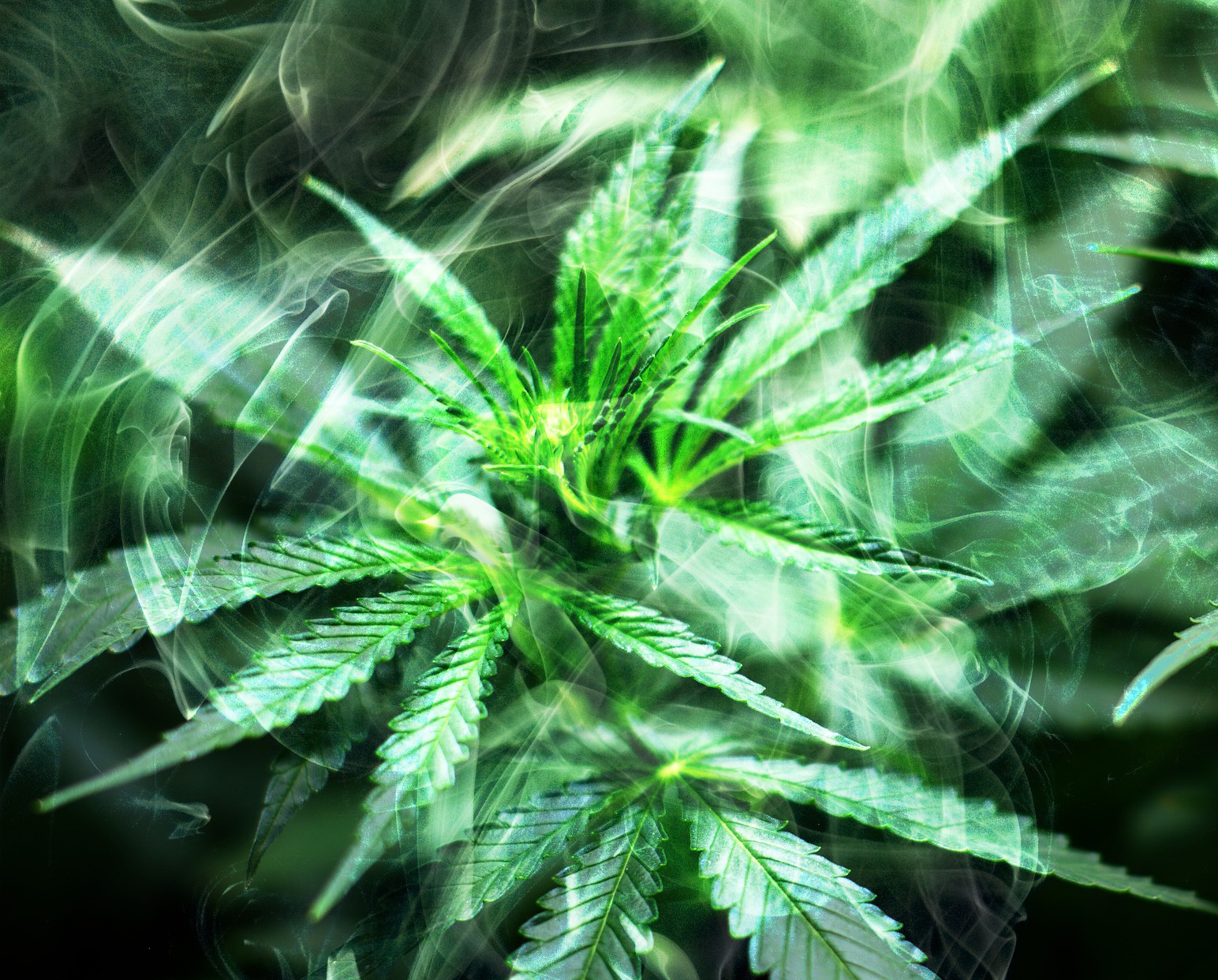You are here
Home 🌿 Cannabis Technology News 🌿 How a cannabis-focused AI platform helps growers predict yield 🌿How a cannabis-focused AI platform helps growers predict yield

FolioGrow isn’t a flip-of-the-switch solution—it takes time, standardized processes, and good data to build an AI model for cannabis cultivation.
Agtech, agritech, farmers with self-driving tractors—however you typically refer to it, the agricultural tech industry is expanding quickly. Worth an estimated $17.4 billion in 2019 by a Research and Markets report, it’s projected to more than double by 2027, surpassing $41 billion.
Artificial intelligence is a key ingredient in the agtech boom. And, increasingly, it’s making its way into the $20+ billion cannabis market.
Cannabis cultivators are adopting AI into their farming practices to replicate quality results in the grow room—and weed out (forgive us) the bad crop. To get an idea of how, we chatted with Himansu Karunadasa, cofounder and chief technology officer at FolioGrow, an AI-fueled software application that analyzes output for cannabis farmers.
Predictions and projections
Farmers’ top priority, according to Karunadasa, is yield prediction. “That’s usually the no. 1 question we get...how much flower I’m going to get in three months, how much…[from] this particular batch, etc.,” he told us.
But, but, but: A number of variables can impact a plant’s yield: the month and season (even if it’s growing indoors), where exactly the plant is placed in order to grow, and the “recipe” for the batch—e.g., which fertilizer was chosen, which chemicals were applied, number of days in propagation, air temperature, humidity level, harvest date, THC percentage, and the batch’s flower weight compared to waste weight.
- “It changes from building to building, from room to room, and even down to table to table,” Karunadasa said. “A plant that’s growing in the northwest corner may be growing really well or really badly, as opposed to the other ones on that table.”
So how’s all this data collected? FolioGrow connects to a sensor manufacturer’s API—companies like Ridder, Growlink, and Braingrid—and then collects data points, like, air temperature in five-minute intervals, or analytics for one corner of a room to another.
Anything it can’t collect via sensor is input manually by grow managers or other employees—the strain selection, for instance, or if the plant is moved during its growth process. The company has an app for mobile and desktop for this reason, which includes a map of each table.
The final step? Inputting all of this data into the predictive analytic model.
“When you’re trying to plant a new plant batch, it can say that if you’re going to use this Blue Kush strain in this particular building in this room, and if they can tell us the future rooms, locations, and so on, it can predict how much of a THC percentage or how much...weight,” Karunadasa said.
It’s about time
Like any other AI system, this isn’t a flip-of-the-switch solution. It takes time, standardized processes, and the cleanest possible data to build a viable model for a single cannabis cultivator.
- If the growing practices aren’t strict and replicable, and the data isn’t high-quality, then the model won’t be able to produce accurate predictions.
And that’s not all: Even if the farmer has tracked and standardized everything to a T, the AI will still need three to four weeks to collect at least a few thousand data points before it’s up and running. That’s largely because each model is customized—it doesn’t use historical data from other farms for privacy reasons.
“Some people expect us to go in, turn a button on, and be able to predict things like the next day,” Karunadasa said. “That doesn’t happen, right? So you have to collect thousands of data points to be able to build the model, train the model, and then actually make the predictions. So that has kind of become an issue. Sometimes people come to us and say, ‘Hey, you can build a model because we have collected all this data,’ and then we look at the data, and it’s not very standardized….[If]] it’s a very ad hoc cultivation process, that is obviously...very difficult for us to make a prediction for.”—HF
420 Intel is Your Source for Marijuana News
420 Intel Canada is your leading news source for the Canadian cannabis industry. Get the latest updates on Canadian cannabis stocks and developments on how Canada continues to be a major player in the worldwide recreational and medical cannabis industry.
420 Intel Canada is the Canadian Industry news outlet that will keep you updated on how these Canadian developments in recreational and medical marijuana will impact the country and the world. Our commitment is to bring you the most important cannabis news stories from across Canada every day of the week.
Marijuana industry news is a constant endeavor with new developments each day. For marijuana news across the True North, 420 Intel Canada promises to bring you quality, Canadian, cannabis industry news.
You can get 420 Intel news delivered directly to your inbox by signing up for our daily marijuana news, ensuring you’re always kept up to date on the ever-changing cannabis industry. To stay even better informed about marijuana legalization news follow us on Twitter, Facebook and LinkedIn.




